For a decade, they were our friends. Through thick and thin, breakups and makeups, career changes and questionable fashion choices, Monica, Chandler, Rachel, Ross, Phoebe, and Joey became a fixture in our living rooms. Even though Friends aired its final episode nearly two decades ago, its magic endures. Now, a new chapter in the Friends saga might be unfolding on a platform we use every day: Facebook. Could the social media giant be the key to bringing the beloved sitcom back into our lives in fresh and exciting ways?
The enduring appeal of Friends is undeniable. Its witty writing, relatable characters, and heartwarming storylines continue to captivate new generations of viewers through streaming services. This sustained popularity has naturally translated into a significant presence on social media. A quick search on Facebook reveals countless fan pages and groups dedicated to the show, boasting millions of members. These online communities serve as virtual Central Perks, where fans share their favorite moments, quote iconic lines, debate plot points, and express their unwavering love for the six New Yorkers.
But the connection between Friends and Facebook could be going beyond simple fan engagement. There are subtle hints and potential avenues that suggest Facebook might be exploring ways to actively revive or enhance the Friends experience for its massive user base.
Consider the power of nostalgia on social media. Platforms like Facebook thrive on shared memories and cultural touchstones. Throwback posts, “on this day” features, and viral trends often revolve around beloved movies, TV shows, and music from the past. Friends, with its iconic status, is a constant source of nostalgic content that performs exceptionally well on Facebook. This inherent connection makes it a prime candidate for more direct involvement from the platform itself.
One potential avenue lies in interactive content. Facebook has been increasingly investing in features like quizzes, polls, and augmented reality (AR) filters. Imagine a Friends-themed quiz that tests your knowledge of the show’s most obscure trivia, or an AR filter that lets you virtually try on Rachel’s iconic hairstyles or pose with a virtual picture frame from Monica’s apartment. Such engaging content could not only entertain fans but also drive significant interaction and sharing on the platform.
Furthermore, the success of the Friends reunion special on HBO Max demonstrated the immense appetite for seeing the cast together again. While a full-fledged revival series might be logistically challenging, Facebook could potentially host exclusive content featuring the cast. This could range from behind-the-scenes snippets and never-before-seen footage to live Q&A sessions where fans can interact directly with Jennifer Aniston, Courteney Cox, Lisa Kudrow, Matt LeBlanc, Matthew Perry, and David Schwimmer. The global reach of Facebook Live makes it an ideal platform for such events, allowing millions of fans worldwide to participate in real-time.
Another possibility lies in leveraging Facebook’s community-building capabilities. The platform could facilitate more structured and engaging fan interactions through official groups or events. Imagine themed weeks dedicated to specific characters or seasons, with curated content, fan challenges, and discussions led by experts or even individuals involved in the show’s production. This would foster a deeper sense of community among Friends enthusiasts and provide them with new ways to connect with the show and each other.
To understand the potential of this, consider the anecdotal evidence from existing Friends fan groups on Facebook. Many users report finding a sense of belonging and connection within these communities. They share personal stories about how the show has impacted their lives, offer support to fellow fans going through similar experiences as the characters, and even organize virtual watch parties. This organic fan activity highlights the inherent desire for connection and shared experiences that Facebook can facilitate on a larger scale.
“I joined a Friends fan group on Facebook a few years ago, and it’s been such a positive experience,” says Sarah Miller, a long-time fan from Chicago. “It’s like having a virtual coffee shop where I can chat with people who love the show as much as I do. We share funny memes, discuss our favorite episodes, and even help each other through tough times. It really feels like an extension of the show’s themes of friendship and support.”
Adding to this, social media analyst Mark Olsen believes that Facebook is strategically positioned to tap into the nostalgia market. “Classic TV shows like Friends have a built-in audience with strong emotional connections to the content,” he explains. “Facebook’s vast user base and its focus on community make it a natural fit for reviving these beloved franchises in innovative ways. By offering exclusive content, interactive experiences, and enhanced fan engagement, Facebook can not only attract and retain users but also generate significant buzz and revenue.”
While there has been no official announcement from Facebook or Warner Bros. (the studio behind Friends) regarding any specific plans, the potential is clearly there. The enduring popularity of the show, the active fan base on Facebook, and the platform’s increasing focus on interactive and community-driven content create a fertile ground for a Friends revival in the digital space.
Perhaps we will soon see official Friends themed events popping up on our Facebook feeds, or maybe we’ll get the chance to ask Jennifer Aniston our burning questions during a live stream. One thing is certain: the magic of Friends continues to resonate with audiences, and Facebook might just be the platform that brings it back into our lives in ways we never imagined. Keep an eye on your newsfeed, because your virtual Central Perk might be opening soon.

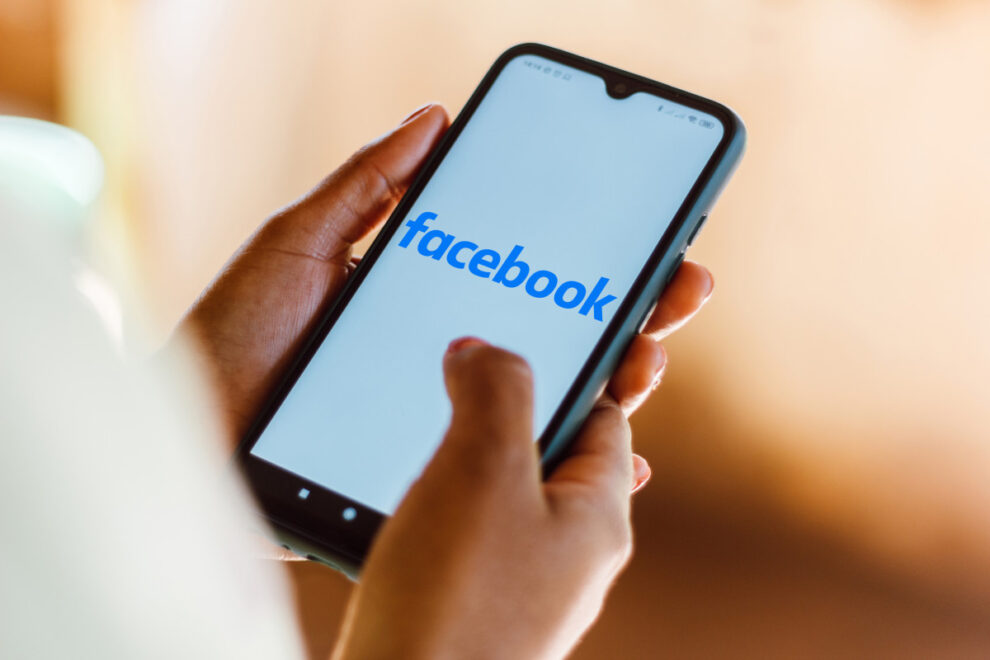
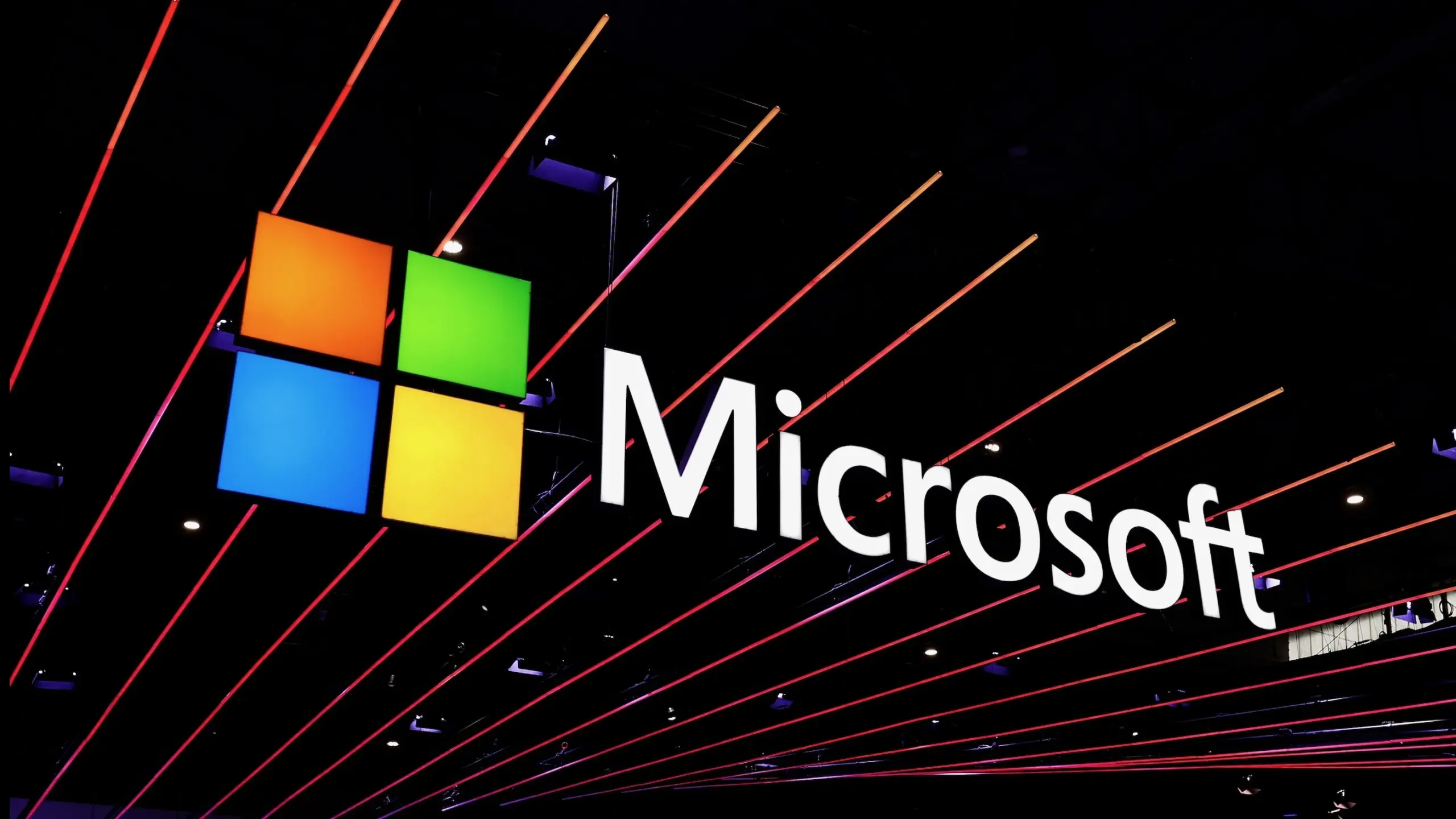
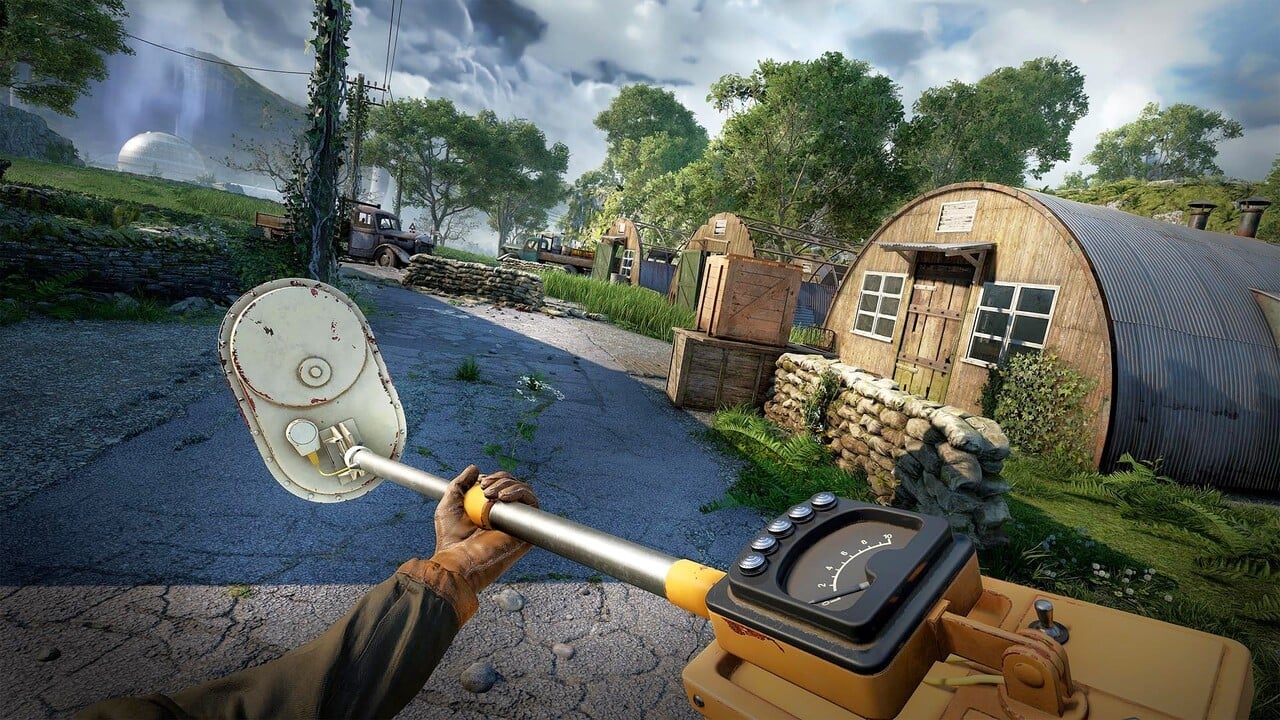
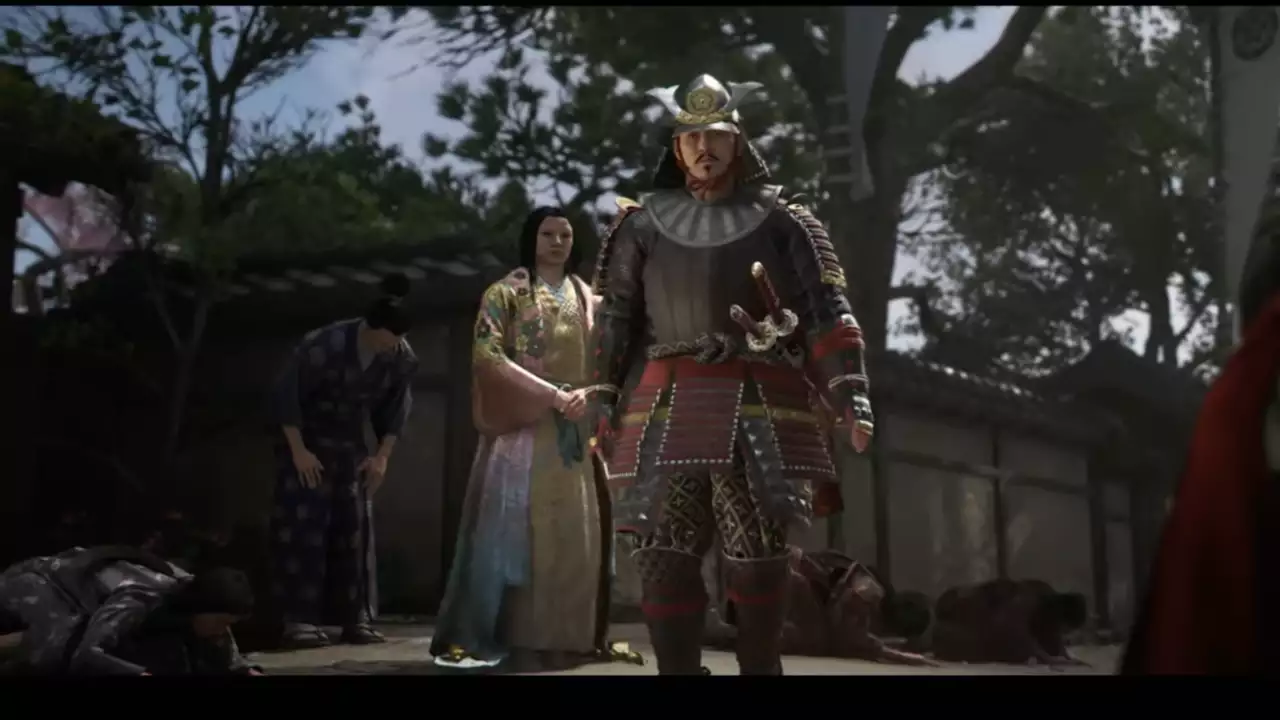
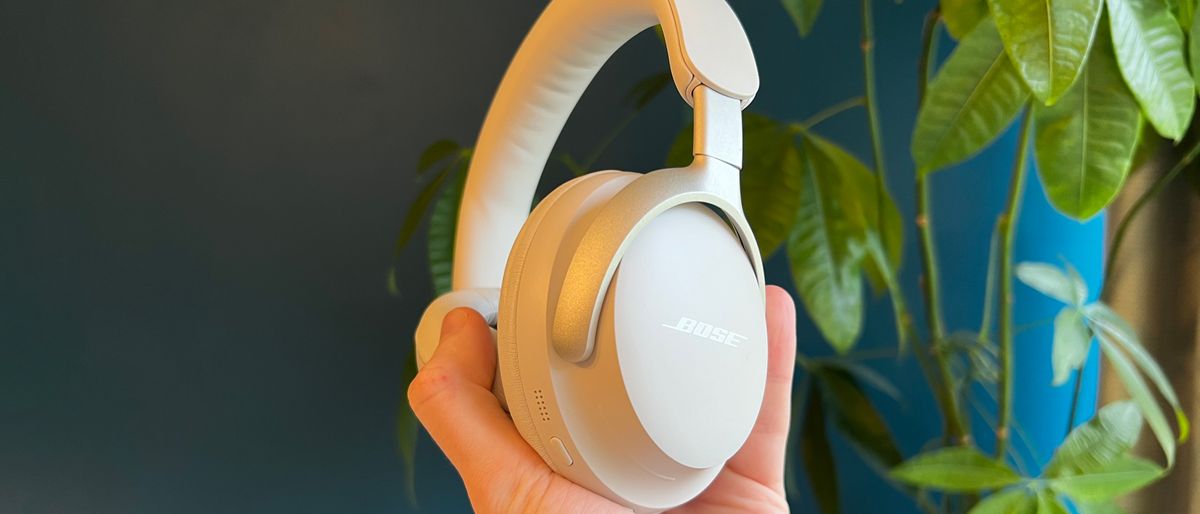
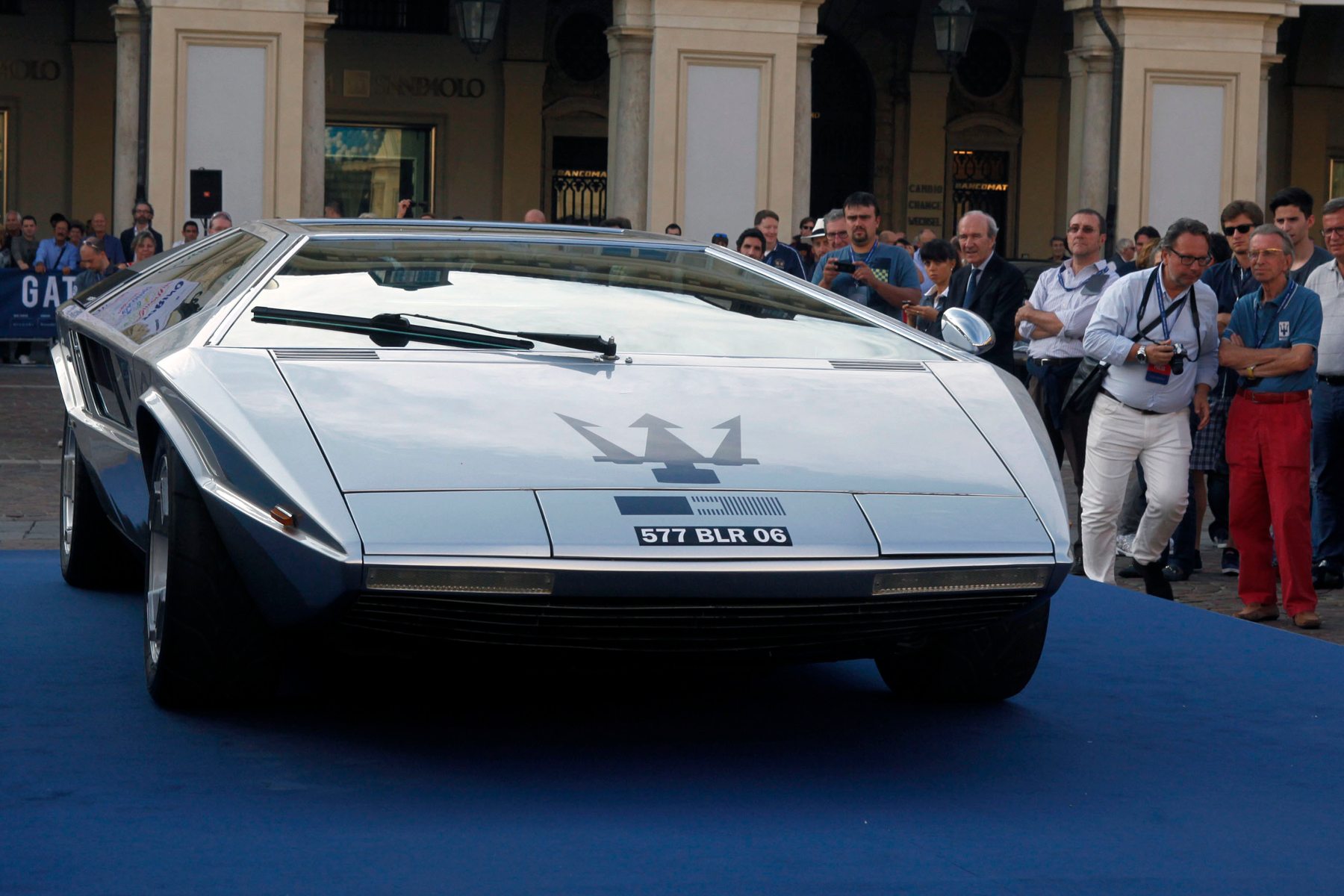

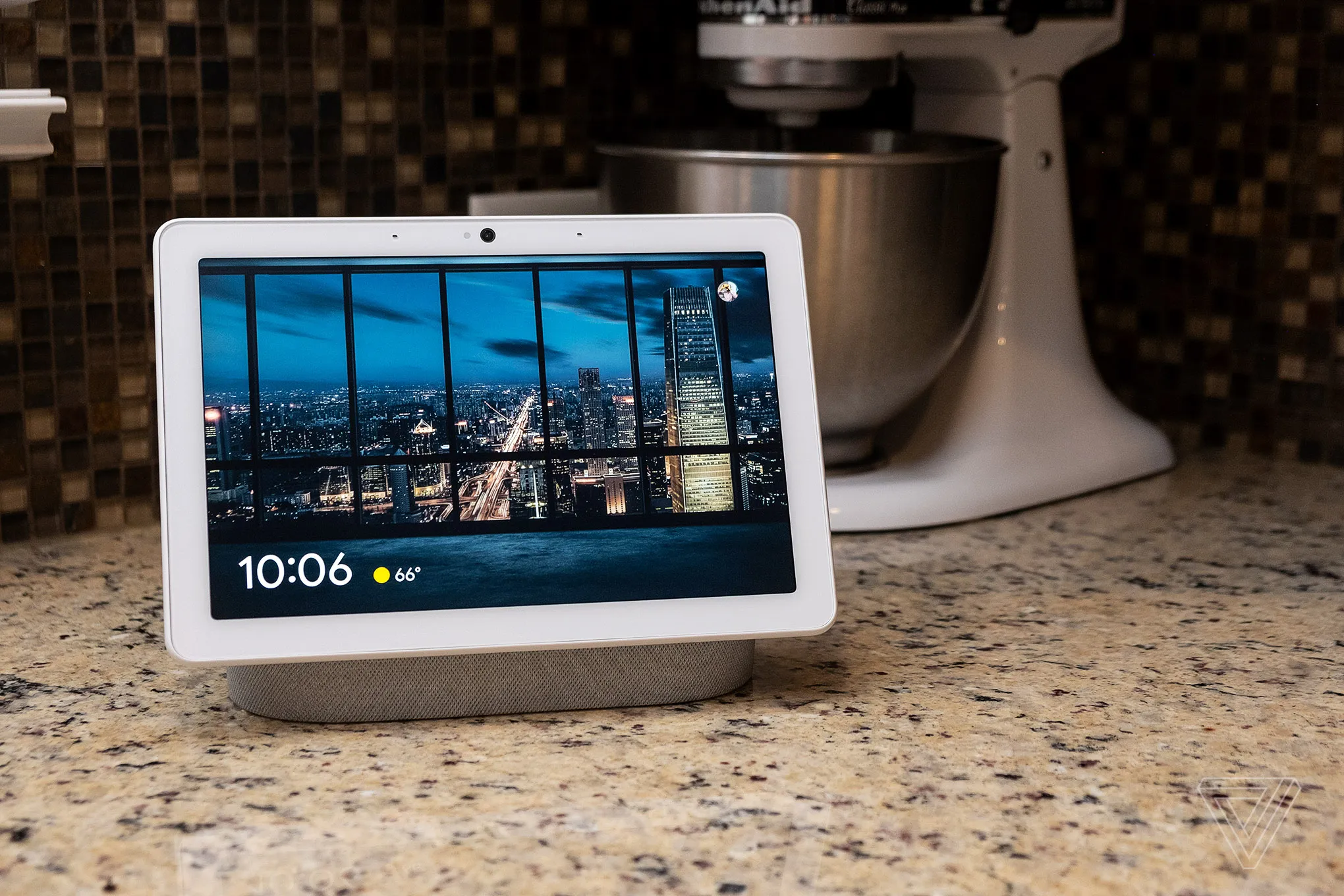
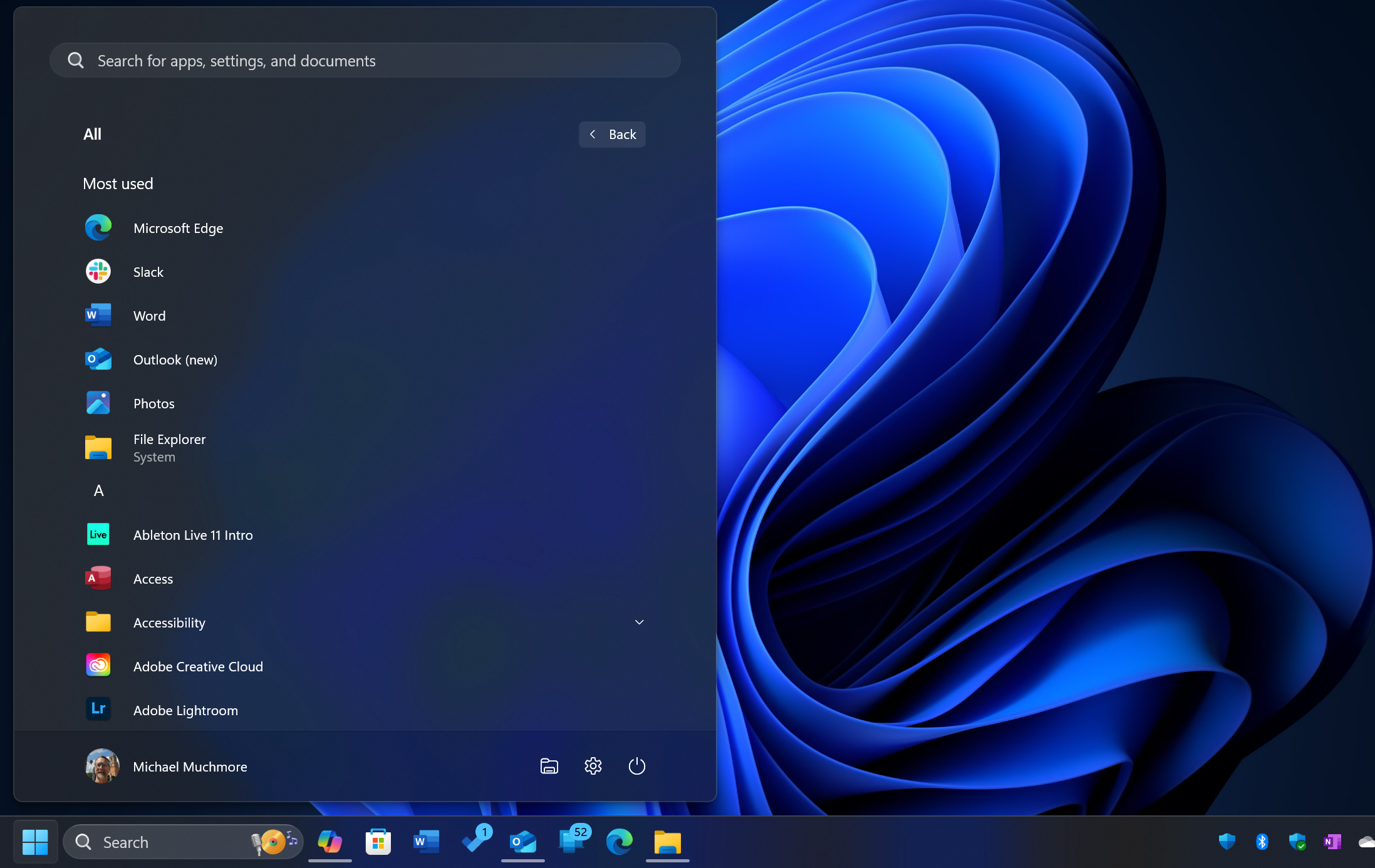
Add Comment